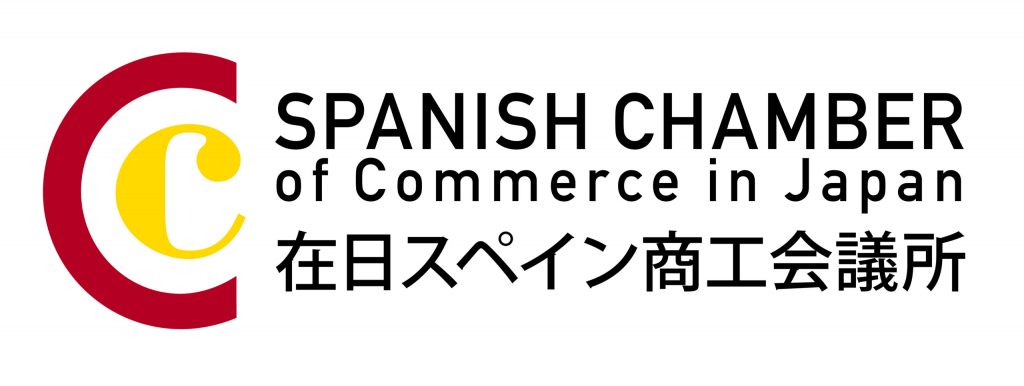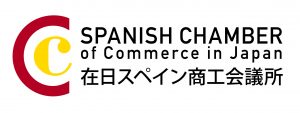
Covid-19: emergency ruling under the rule of law and legal certainty
Covid-19: emergency ruling under the rule of law and legal certainty
Among all legal issues that are emerging owing to the Covid-19 pandemic and subsequent health and sanitary crisis there are two of undeniable relevance. On one hand, governments sticking to the principle of the rule of law. The other one, more linked and oriented to the business and commercial environment, governments preserving legal certainty. Both are equally important in Japan and Spain. To begin with the rule of law, as Prime Minister Abe Shinzo pointed out in his welcome speech at the Opening Ceremony of the IBA Annual Conference held in Tokyo back in 2014:
“Law represents the morals and norms of society, created through consensus among people who work together, and bound by their shared love of humanity. In all human societies there is always the law, and power is always the servant of the law”.
Declaring the state of alarm in Spain and the state of emergency in Japan (articles 116 and 41 of their Constitutions, respectively) cannot imply, by any means, giving governments carte blanche for adopting any kind of extraordinary measures in defiance of the law. The more extraordinary the use of powers is, the more the need to scrutinize executive actions not only politically -through parliamentary supervision- but specially by the judiciary. It is not only that acting extraordinarily does not mean acting above the law. It is precisely because governments are using unusual tools to impose exceptional measures which imply restrictions of fundamental rights, that the rule of law shall be more jealously preserved.
Balancing basic priorities such as human lives and health conditions on one hand, and fundamental personal, economic and social rights and liberties, on the other, shall be based on whether advantages outweigh the disadvantages and ultimately, be liable for those decisions. It is crucial that Governments have to respect the usual constitutional procedures, motivating their decisions. Measures shall be proportionate and limited in scope and time, although strong and strict enough to achieve its sanitary goals, even if constraints of rights and liberties come along as a consequence of the extraordinary measures.
Spanish and Japanese societies are bound by the variety of laws, regulations and executive orders but also by their sympathetic sense of responsibility. In Spain the “forcefully lockdown” imposes strict limitations of rights, that have been accompanied by coercive measures and consequent administrative and even criminal penalties. While in Japan, instead, a “soft lockdown” has been implemented, based on jishuku [自粛]. However, the precedent of issuing mandatory orders in 2011 to evacuate population from the catastrophic area affected by the Fukushima natural and nuclear disaster could be seen as ground for adopting harsher measures. Avoiding the temptation of the abuse of power while suffering a state of emergency situation is tantamount to saying that governments shall exercise extreme caution in submitting its actions to the rule of law, before, during and also after the emergency situation, including material responsibility of the state if and when legal requirements for such liability are met. We all need to be attentive.
In parallel, a new climate of legal certainty is needed for companies, public administrations and citizens alike, which implies, for instance, to make public in full all new regulations, limitation in retroactive effects of laws, protection of legitimate interest and legitimate expectation or using interventional procedures with care and limitation. A new and to some extend highly volatile environment need to know in advance the “rules of the game” for this new situation of “new normality”. Clarity in the content of laws and regulations will prevent arbitrariness and abuse of power. Not knowing what to expect due to regulatory uncertainty can only aggravate the unavoidable incertitude of our present real world. Chaos shall bow to the writs of the law so legal certainty shall rule over risks and uncertainty of our new uncertain times.
Salvador Rodríguez Artacho
Partner at Hernández-Echevarría Abogados
